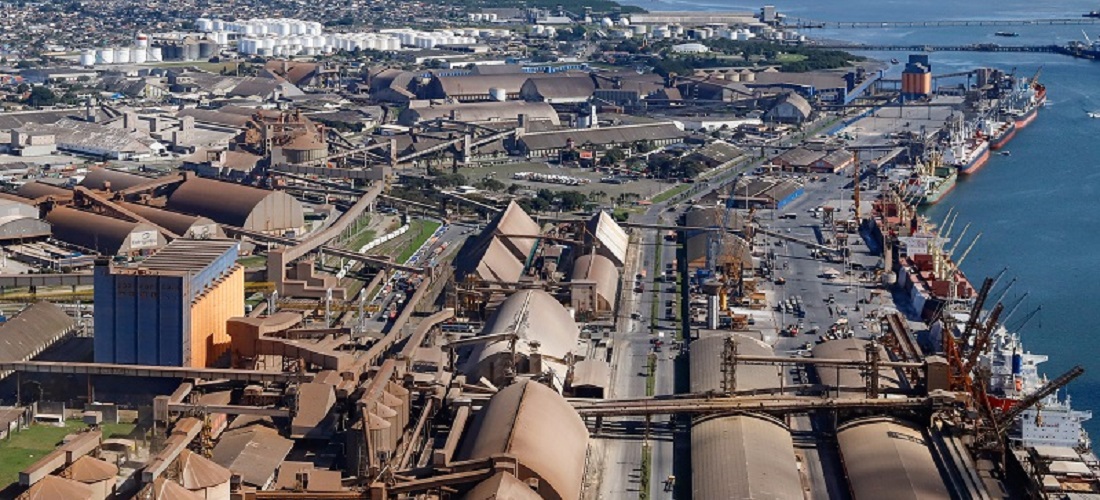
Port of Paranagua celebrates progress in new grain hopper project
Apr, 11, 2023 Posted by Gabriel MalheirosWeek 202318
The grain hopper project, known as Moegão in Portuguese, was widely celebrated in the Port of Paranagua, which recently celebrated its 100th day under the new state government administration. An exclusive rail unloading system for grains and bran will be built, connected to the terminals that make up the East Export Corridor in Paranagua. The total investment is estimated to be around R$ 592 million.
With a contract signed in January of this year, the hopper project is moving forward into the development stage of the executive project. The Tucumann Consortium – TMSA – Zortea – Engeluz, comprised of four large engineering firms, is expected to complete this preliminary stage in the year’s first half. Once the project has been completed and approved, the work is expected to be completed in 16 months.
“The project also foresees the revitalization of the access to the terminals in the East of the Port of Paranaguá, optimizing the cargo reception capacity by road and rail,” says the CEO of the public company Portos do Paraná, Luiz Fernando Garcia.
The new structure will consist of rail hoppers, a vertical transport system (bucket elevators), a horizontal transport system (conveyor belts), a product transfer system (transfer towers), a terminal feeding system (feed towers), scales, utilities, administrative building, and maintenance building.
The structure’s area will be nearly 600,000 square meters, with the capacity to simultaneously unload up to 180 wagons in three independent lines. “This represents a 63% increase in current rail unloading capacity, increasing from 550 to 900 wagons per day,” Garcia says.
With the Moegão structure, over 24 million tons of grains and bran are expected to pass through Paranaguá yearly. “After the structure is completed, we expect to be able to equalize mode participation, reaching 50% of transport by road and 50% by rail,” says Portos do Paraná’s director-president. As a result, transportation costs will be reduced by 30%, and environmental impacts will be reduced by 73%.
After the work is completed, the local community and those traveling through the port region by car should also reap the benefits. This is because Moegão will reduce the number of crossings between railway lines and city streets from 16 to 5, reducing traffic disruptions and the risk of accidents.
Loaded with solid bulk for export, the trains will arrive at total capacity for unloading without the need for dismemberment.
-
Economy
Apr, 16, 2024
0
Trade Insights: Israel-Iran Conflict’s Influence on Brazilian Market
-
Ports and Terminals
Feb, 02, 2021
0
170 kilos of cocaine siezed at Port of Paranaguá
-
Grains
Mar, 09, 2022
0
National Fertilizer Plan foresees a drastic reduction in imports
-
Ports and Terminals
Jan, 09, 2024
0
Rio Grande do Sul Ports Hit Second-Highest Throughput in Half a Decade



